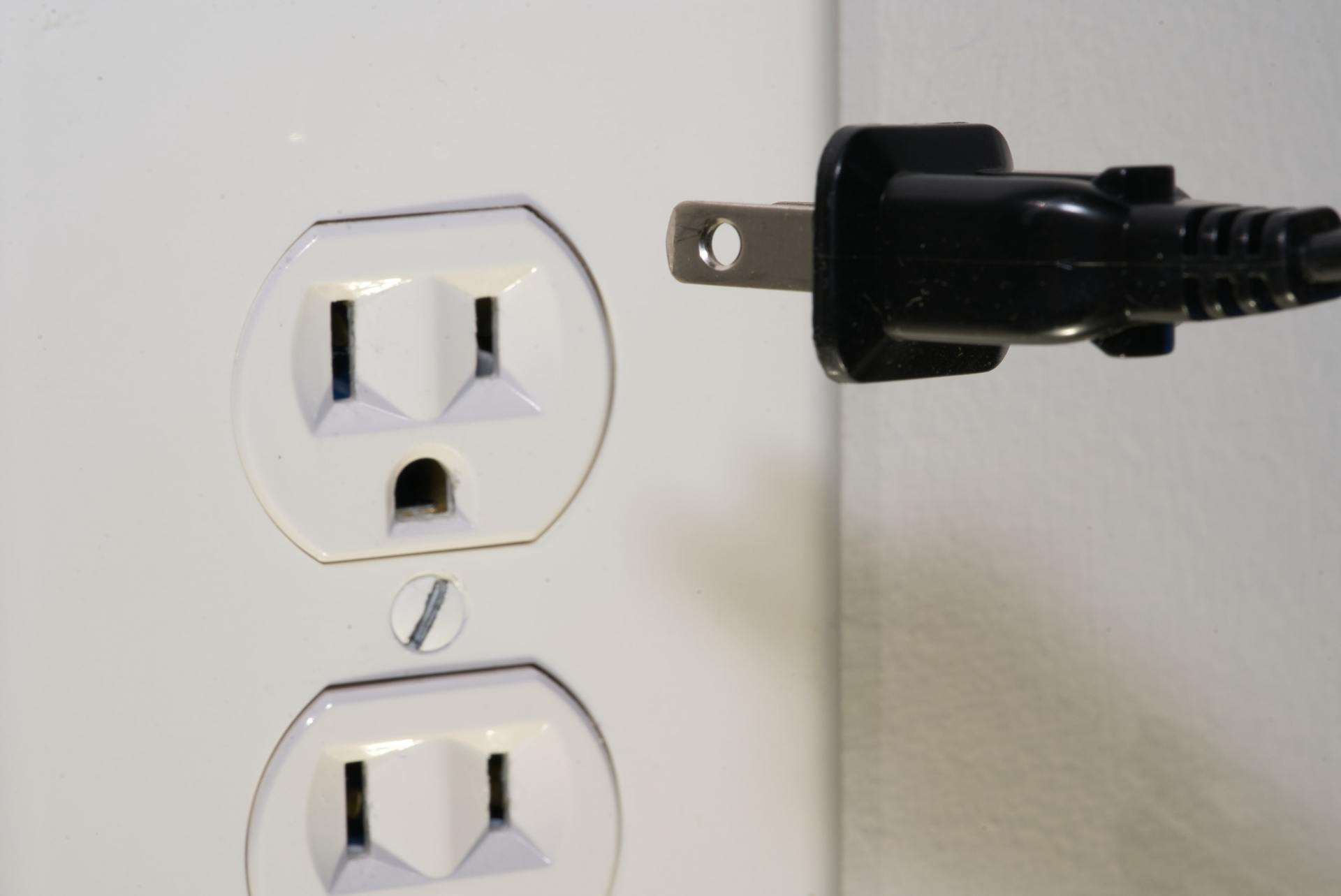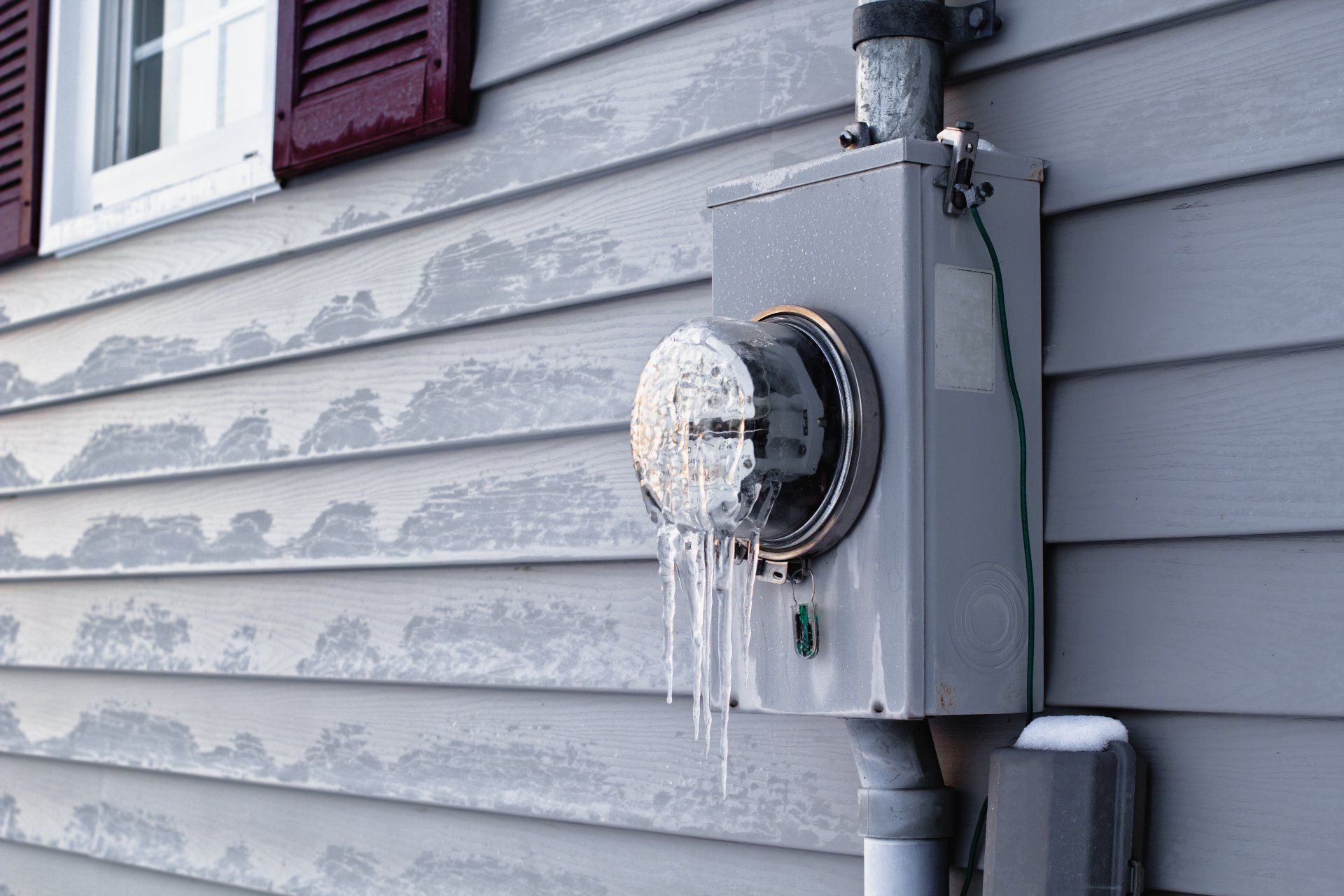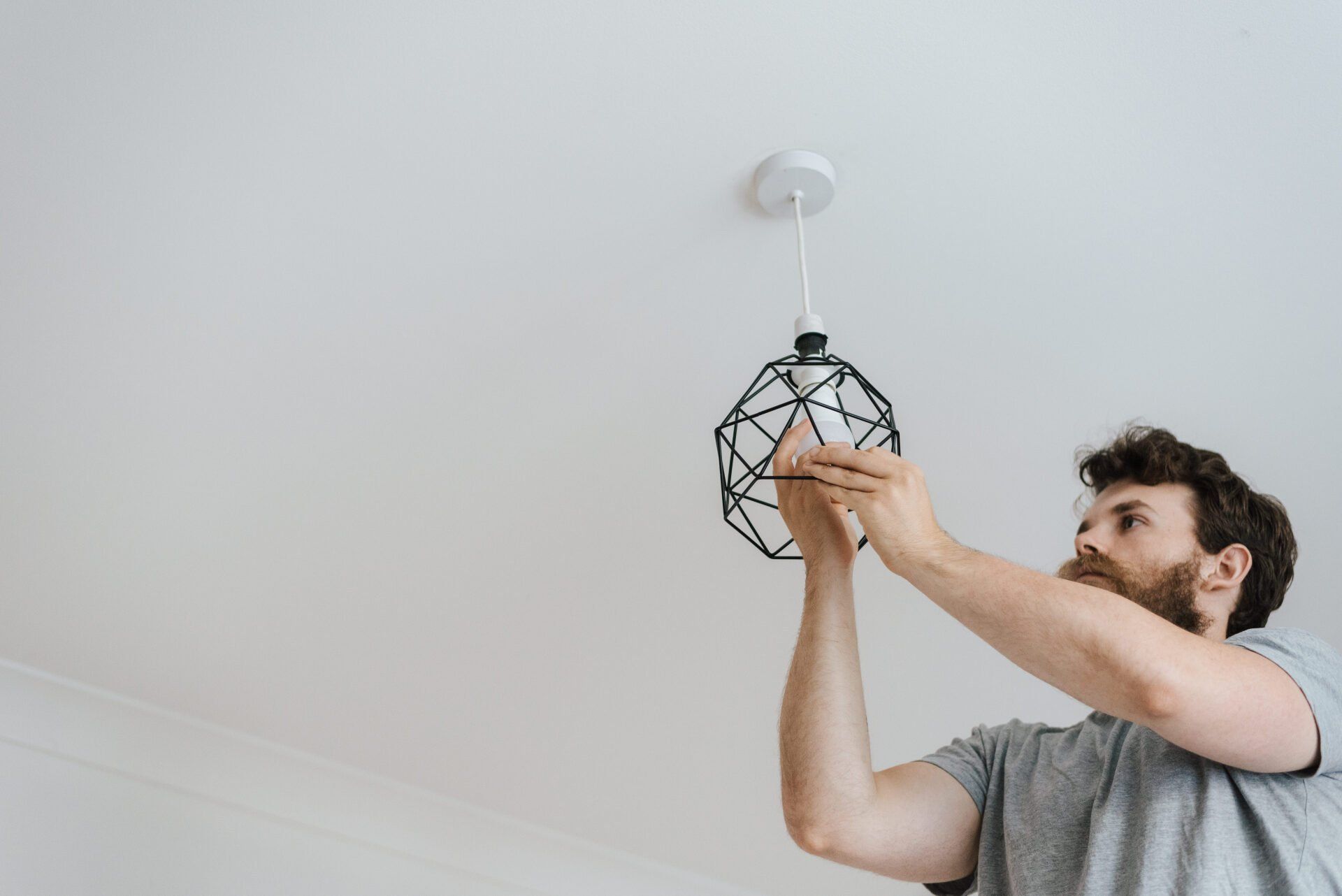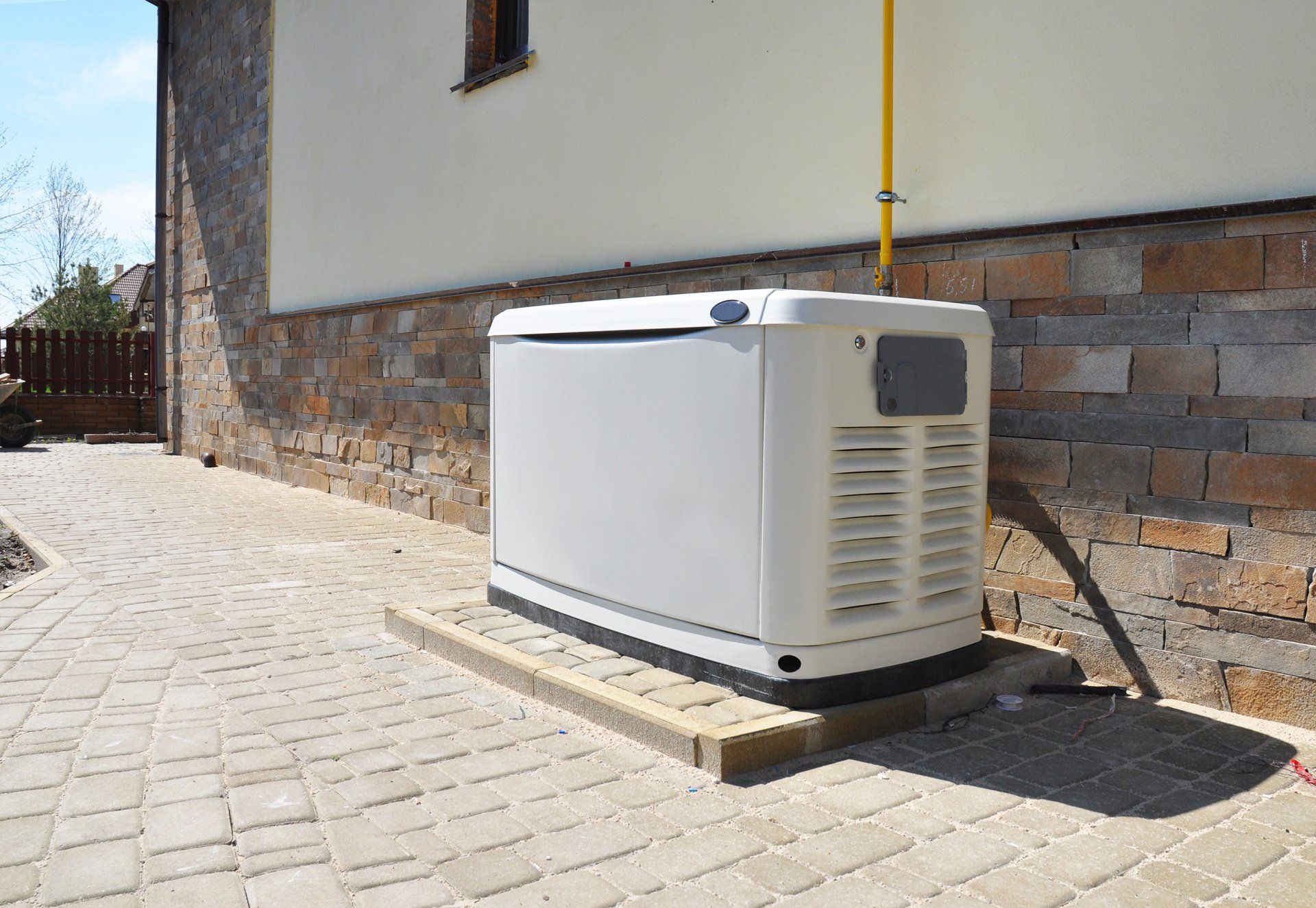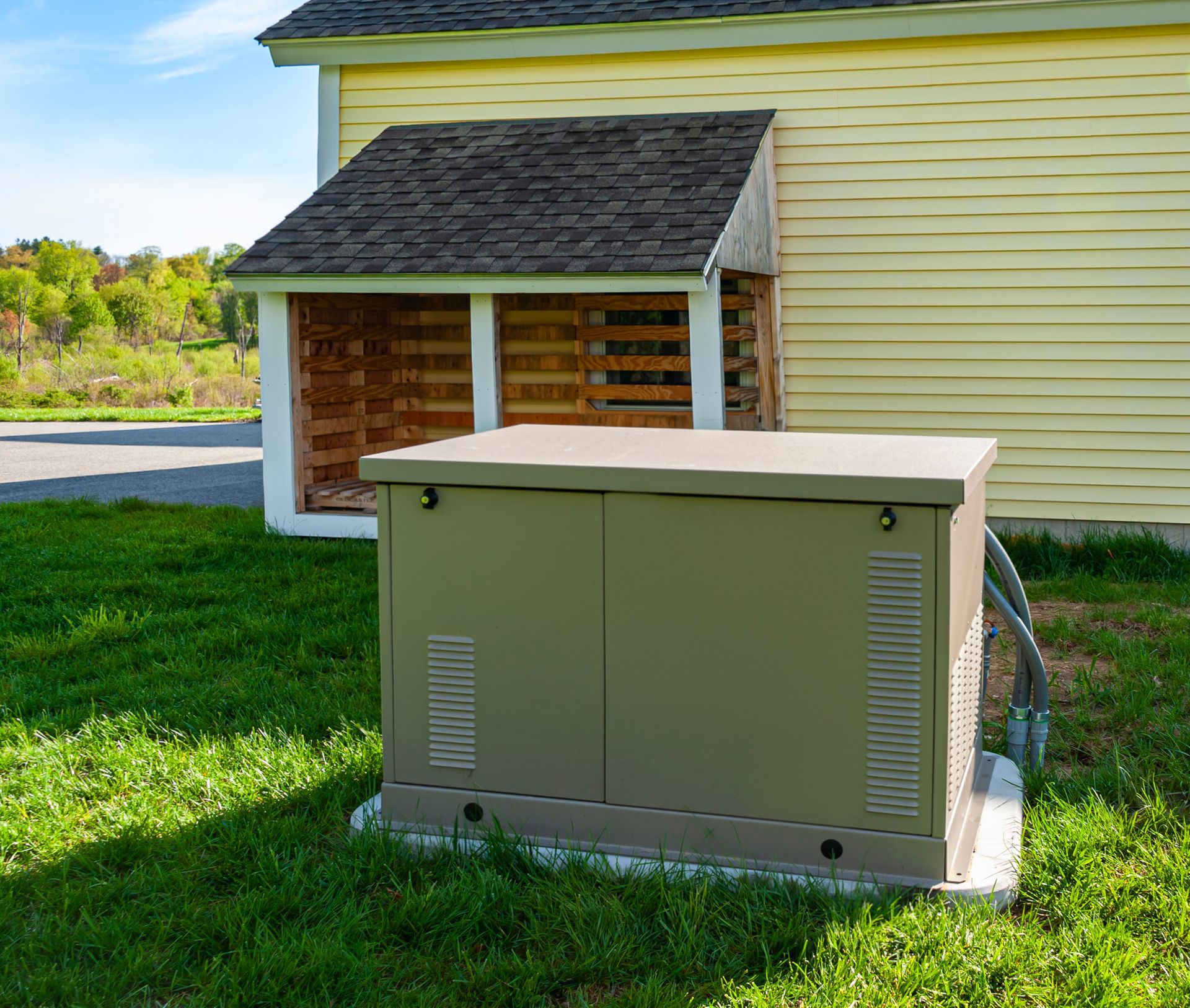How to Differentiate a Ground Fault Versus a Short Ciruit
How to Differentiate a Ground Fault Versus a Short Circuit

It can be quite the challenge to pinpoint a ground fault or a short circuit. Nevertheless, electrical hazards are challenging to have around your house, especially when electrical safety is essential with other family members living in your house. This post will look at what each term means, how they vary, and what we can do to protect against them.
What Exactly is a Ground Fault?
In a domestic electrical circuit where electricity is harnessed, the incoming flow happens in "hot" circuit wires. In contrast, the outgoing flow occurs in "neutral" circuit wires linked to the ground back at the power source. When lightbulbs and appliances are plugged into a circuit, the energy of that current flow from the power source, through hot and neutral wires, and back to the source is what enables them to illuminate and run.
When an electrical circuit fails, it may seek a way to ground outside of the system's defined wires, which is known as a ground fault. It's a risky scenario because a human in touch with the wire may instantly become part of the shortest path to the ground if such an issue arises.
What Causes a Ground Fault?
A ground fault in a circuit can be caused by weak connections, deteriorated wire insulation, or miswiring, allowing the hot wire to connect directly with another pathway to the ground. If a human contacts a live wire, a metal electrical enclosure, or a broken plug during a ground fault, they may offer that direct ground channel if they are in direct contact with the earth. Because water is a highly excellent conductor of electricity, these circumstances are most commonly seen in moist areas such as bathrooms and kitchens. These circumstances can also be satisfied outside when one stands directly on the ground.
What Exactly is a Short Circuit?
A short circuit is a term used to describe a specific type of electrical problem. This occurs when an electrical current does not go through all of the wires and takes a shorter path. This is because electricity always wants to get back into the earth and will choose the fastest route. Even via a human person! By adopting a shorter path, more power will pass through these wires than is predicted, and energy may even flow where it is not supposed to.
What Causes a Short Circuit?
A short circuit can be caused by a loose connection on one of two wires in a junction box or outlet box. A short circuit can also happen when a wire comes loose from termination on electrical equipment, such as an outlet. Insects or rodents may eat through the wire insulation, resulting in a short circuit between two wires within a cable bundle.
How to Protect Your Household From Short Circuits and Ground Faults
Protecting devices are used in electrical circuits to safeguard equipment and humans from short circuit dangers. These devices can detect faults and trip the circuit before the surge current reaches its maximum value.
There are two standard protective devices found in every electrical circuit.
- Fuse
Fuse It is beneficial for phase-by-phase (single-pole) protection. It has a high breaking capacity in a small volume, limiting electro-dynamic stress. - Circuit Breaker
Circuit breakers can be manually or automatically reset. It automatically breaks the circuit after a brief cutoff period and disconnects the load from the power source, protecting the circuit from harm. CB's magnetic triggers open the poles. Circuit breakers can restrict both thermal and thermodynamic impacts. It is more efficient than a fuse.
You can employ electrical safety measures at all times by using protective devices such as fuses and circuit breakers. Be sure to check and test your electrical systems from time to time to ensure they are all working properly.
Are you looking for electrical contractors in Massachusetts? B Town Electric has over 40 years of experience providing expert electrical service. Get in touch today for a free estimate!
Questions? Contact our main office
Schedule a Free Quote. Submit a free quote request online

